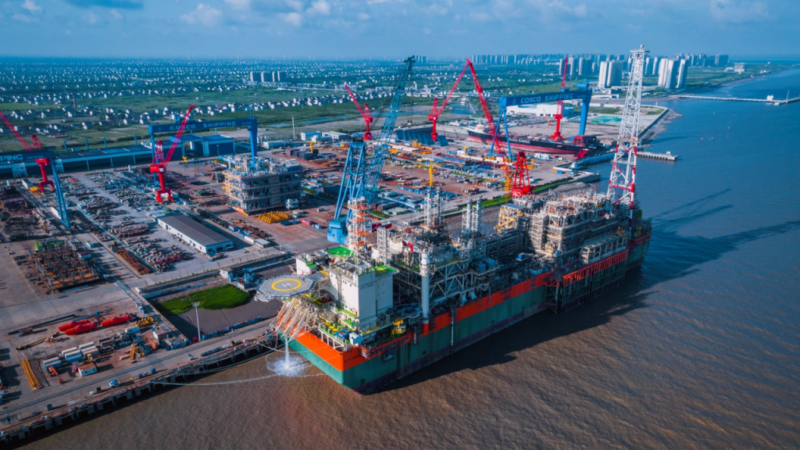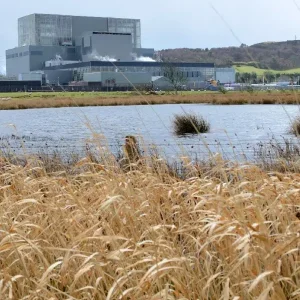
BP said that the floating production, storage and offloading (FPSO) vessel for the company-operated Greater Tortue Ahmeyim (GTA) liquefied natural gas (LNG) project has set sail from China towards the project site off the Mauritania and Senegal coasts.
Following the successful completion of a series of sea trials, the FPSO has departed from Qidong on 20 January 2023, stated BP. Its construction at the COSCO shipyard took over three and half years.
The Greater Tortue Ahmeyim FPSO will travel 22,224km via Singapore and is expected to arrive at its final destination in Q2 2023.
According to BP, the floating vessel is a significant part of the major integrated Greater Tortue Ahmeyim LNG project development.
The project also includes subsea development of gas fields and near-shore floating LNG (FLNG) facilities. The first phase of the project is anticipated to produce about 2.3 million tonnes of LNG per annum.
The Greater Tortue Ahmeyim FPSO is expected to process natural gas by filtering condensate, water, and other impurities prior to exporting it by pipeline to the project’s FLNG facilities located 10km offshore.
It contains eight processing and production modules and will process nearly 500 million standard cubic feet of gas per day.
The FPSO, which will be positioned in around 120m of water, has an area equivalent to two football fields and 10-storeys in height.
Made up of more than 81,000 tonnes of steel, 37,000m of pipe spools, and 1.52 million meters of cable, the vessel will have up to 140 people on board during regular operation. The vessel will also serve as a base for the project’s production team.
BP Mauritania and Senegal projects vice president Rahman Rahmanov said: “We are developing one of the world’s most unique and innovative gas projects and the FPSO forms one of the most important components.
“Achieving the successful sail away of the GTA Phase 1 FPSO is a testimony to the tremendous partnership with our contractors Cosco Shipping and Technip Energies. By working together as one team, we have been able to create a culture of resilience and focus on safe delivery.”






